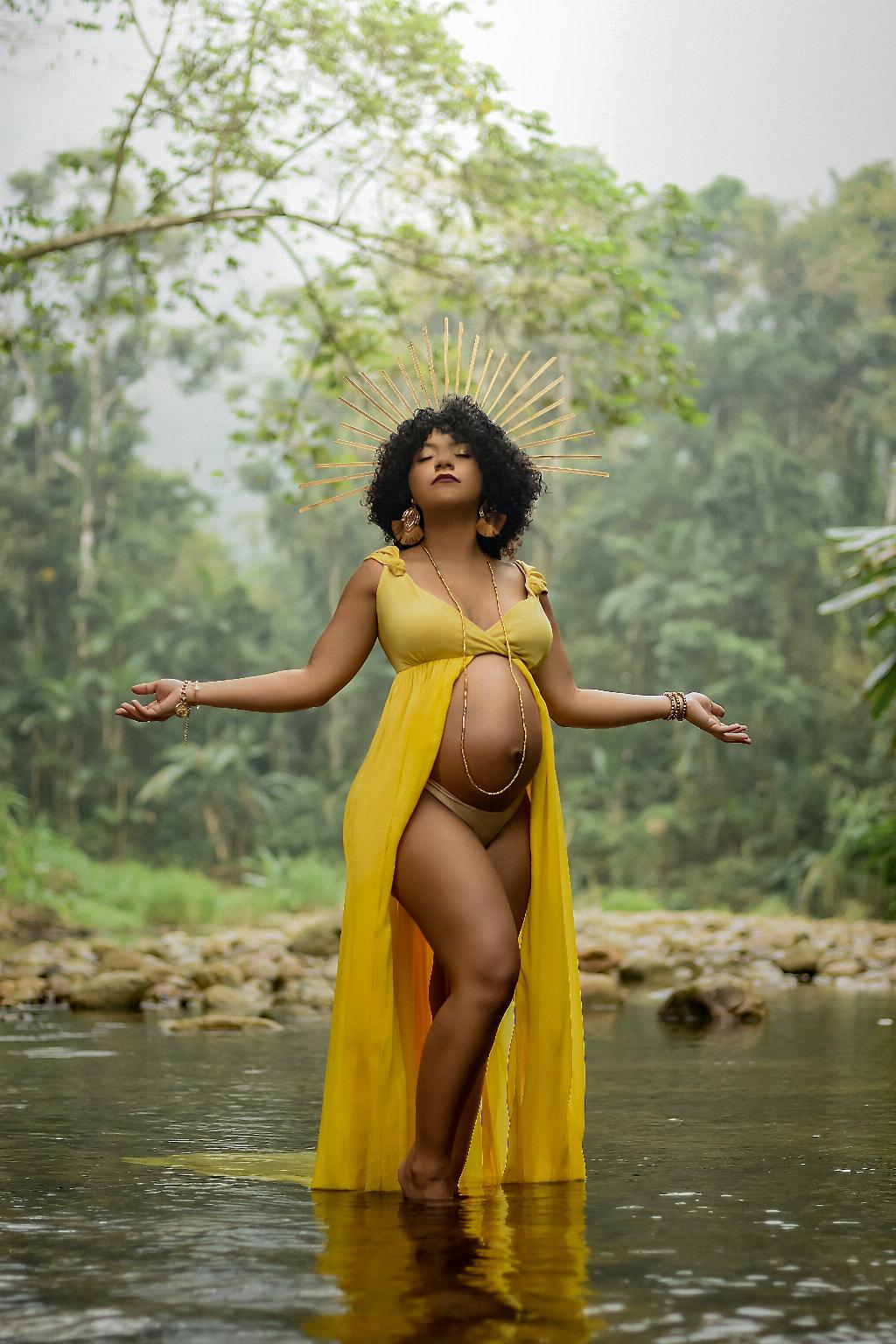Many women may find themselves contemplating the idea of having a baby later in life, but the question of whether 52 is too old to have a baby is a complex one that involves considering various factors.
One important aspect to consider is the biological aspect of aging and fertility. It’s a well-known fact that women are born with a finite number of eggs, and as they age, the quantity and quality of these eggs diminish. By the age of 50, the chances of conceiving naturally become extremely rare, as the eggs are more likely to have chromosomal abnormalities that could lead to difficulties in conception or an increased risk of genetic disorders.
For women who are in their 50s and wish to conceive, the most common route is through the use of donor eggs. Using donor eggs can significantly increase the chances of a successful pregnancy, as the eggs come from younger, healthier donors, providing a higher likelihood of a healthy pregnancy and baby.
Emotionally and mentally, age can also play a factor in deciding whether 52 is too old to have a baby. Parenting is a demanding role that requires energy, patience, and stamina. At 52, some individuals may find themselves less physically equipped to keep up with the demands of raising a child compared to when they were younger.
Financial stability is another crucial consideration when thinking about having a baby later in life. Raising a child requires a significant amount of resources, including financial support for education, healthcare, and daily needs. It’s important for individuals to assess whether they are financially prepared to provide for a child well into their retirement years.
Social support and the availability of a support system are also vital factors to contemplate when deciding whether 52 is too old to have a baby. Parenting can be a challenging journey, and having a network of family and friends who can provide assistance, guidance, and emotional support can be invaluable.
Health considerations, both for the prospective mother and the child, are critical aspects that need to be taken into account. Pregnancy and childbirth can pose additional risks for women in their 50s, including higher chances of developing gestational diabetes, hypertension, and other complications. The health and well-being of the child should also be carefully considered, as older parents may face challenges in keeping up with the physical demands of parenting as the child grows.
Furthermore, the lifestyle and career aspirations of individuals at the age of 52 can influence their decision to have a baby. Balancing the responsibilities of parenting with personal goals, professional ambitions, and lifestyle preferences is essential in determining whether it is the right time to start a family.
It’s important for individuals considering parenthood in their 50s to have open and honest discussions with their healthcare providers to assess the risks and options available to them. Seeking guidance from fertility specialists, obstetricians, and other medical professionals can help individuals make informed decisions about their reproductive health.
Ultimately, the question of whether 52 is too old to have a baby is a deeply personal one that varies for each individual. While advancements in reproductive technology have made it possible for women to conceive later in life, it’s essential to weigh the physical, emotional, financial, and social implications of starting a family at an older age.
Whether 52 is too old to have a baby ultimately depends on a multitude of factors unique to each individual, and the decision should be made after careful consideration and reflection on what is best for both the prospective parent and the potential child.

